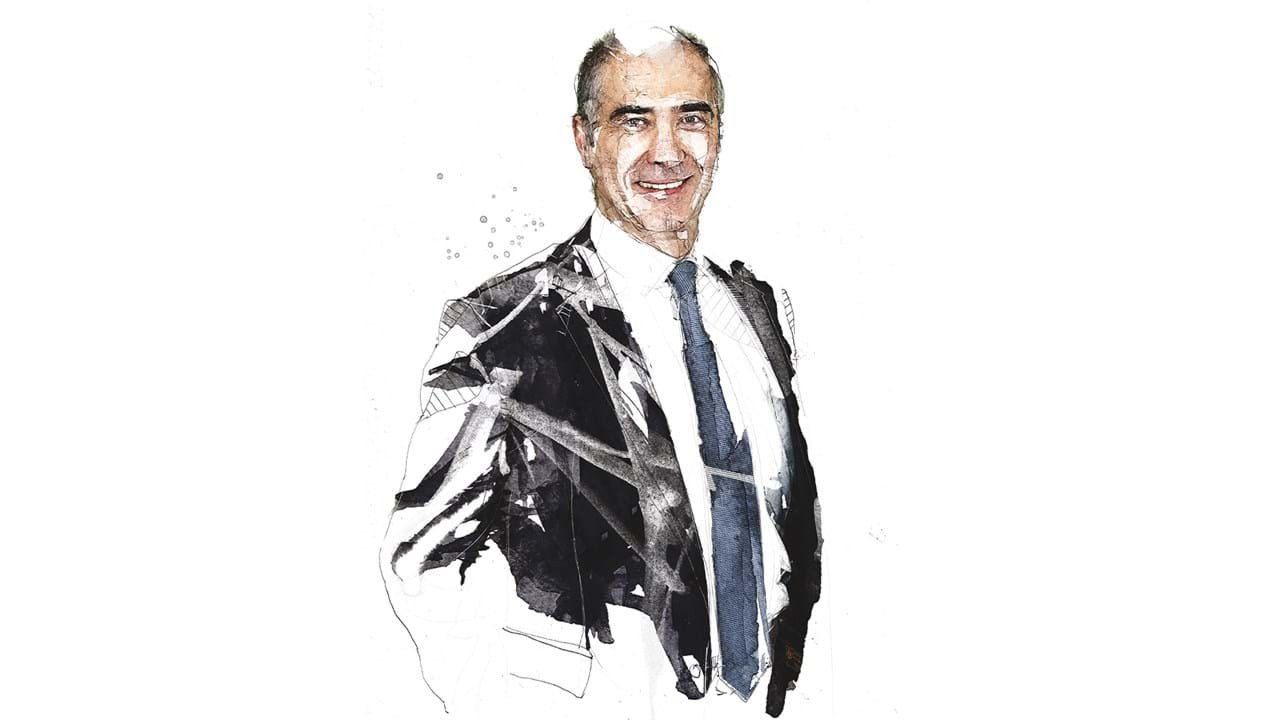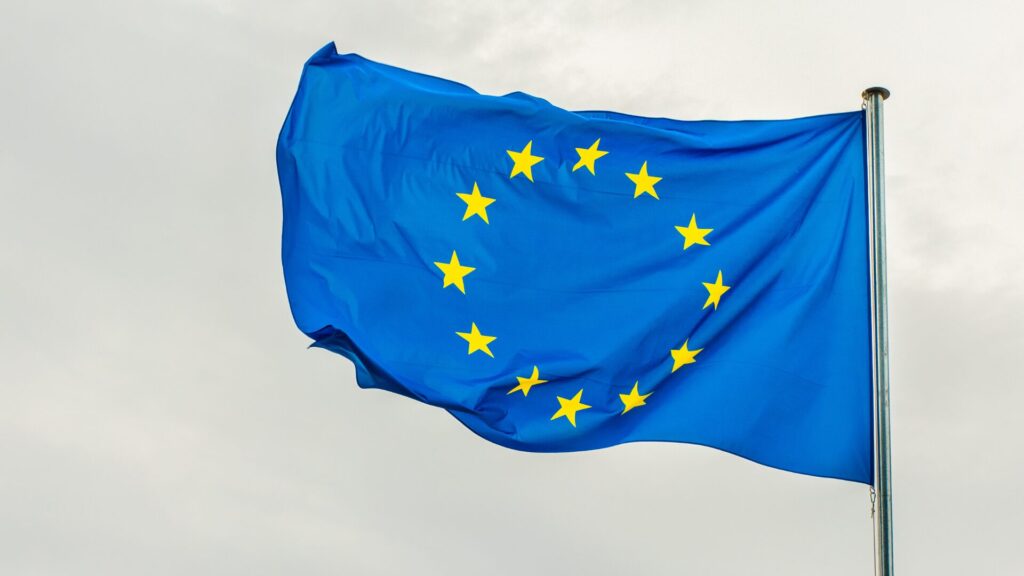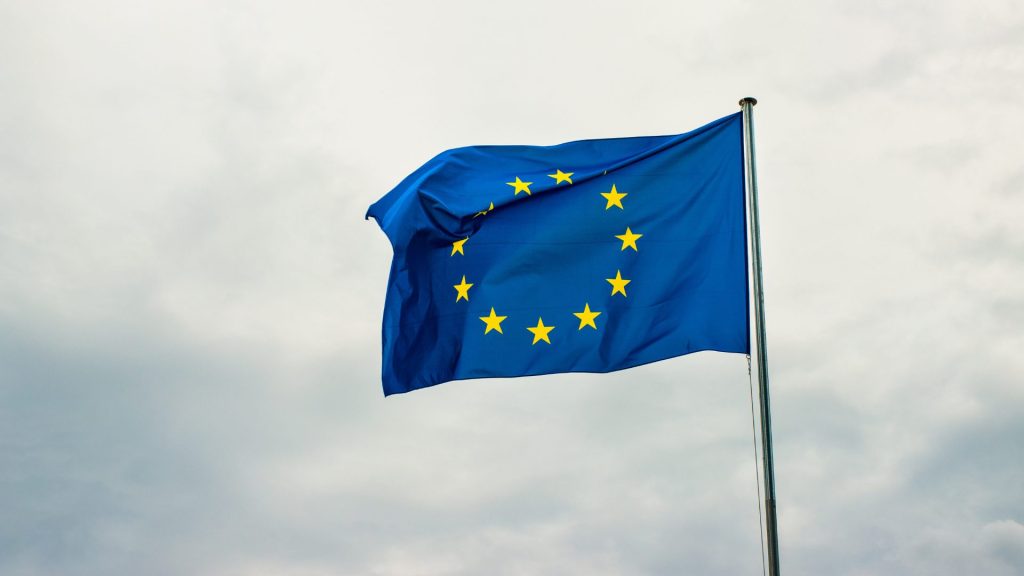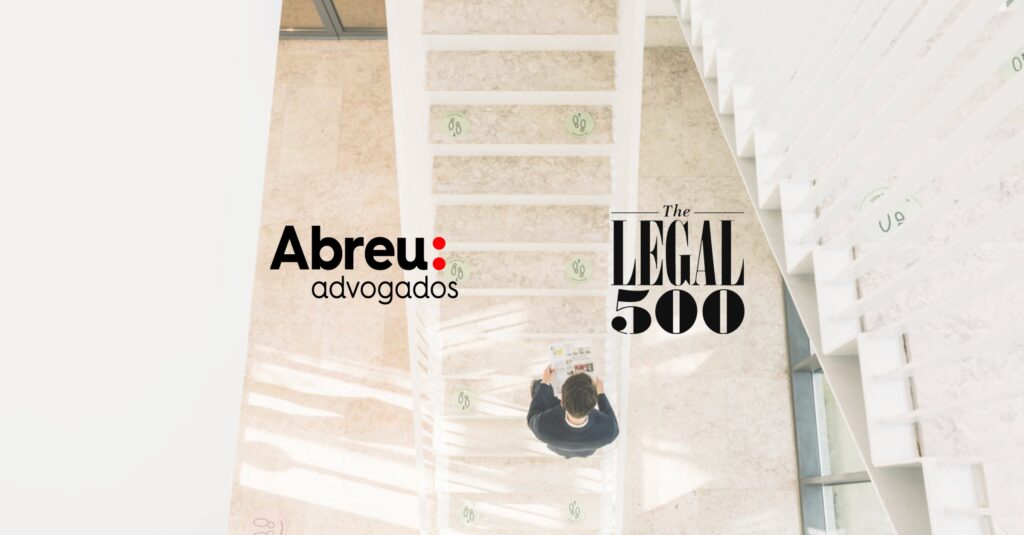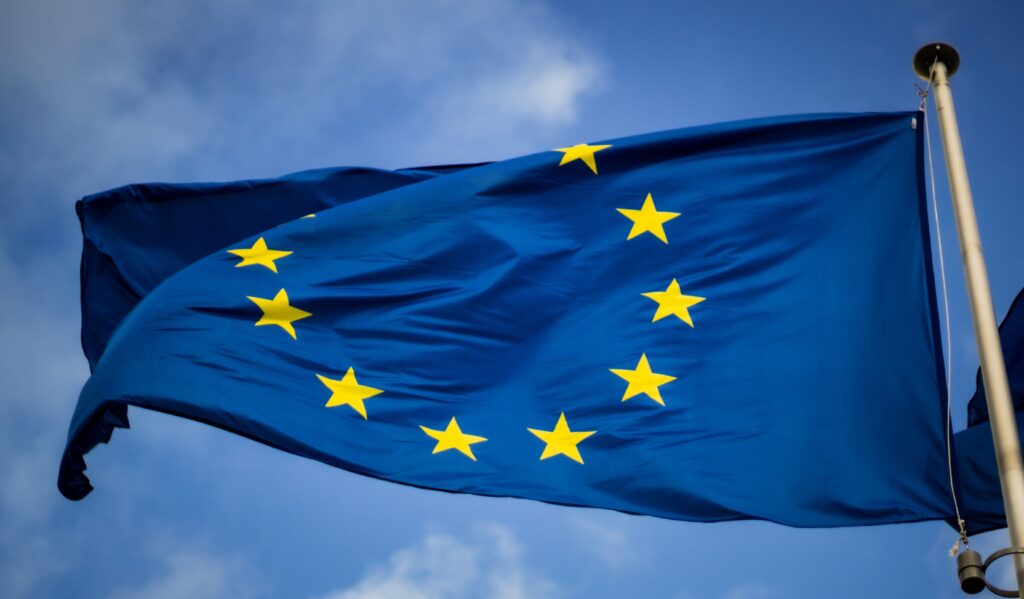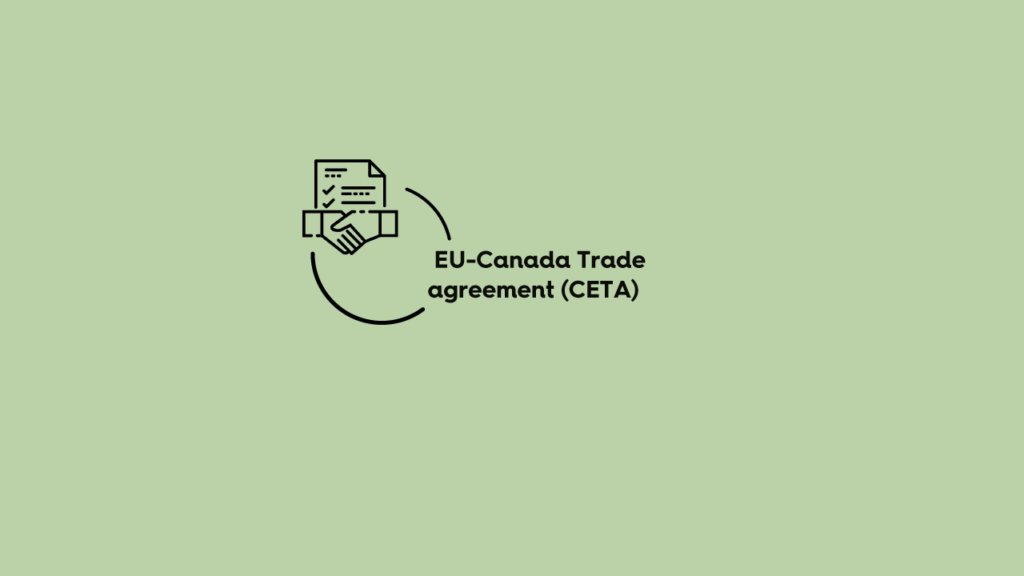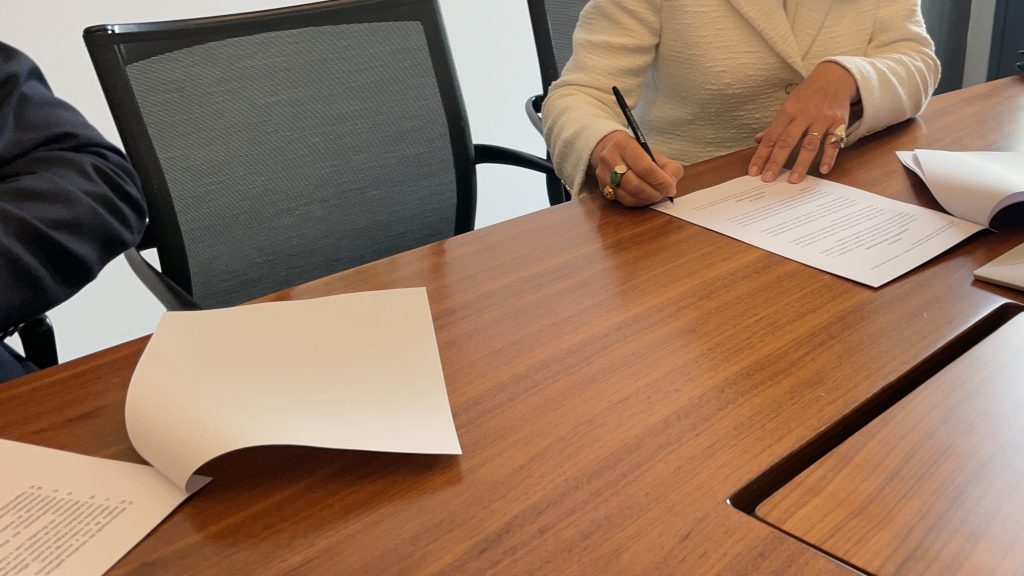14.07.2025
Practice Areas: Competition, Regulatory and EU
Portugal: Hub & Spoke Cases – Trends and Developments
In recent years, the Portuguese Competition Authority (PCA) has intensified its scrutiny of so-called “hub-and-spoke” (H&S) arrangements—an intricate form of anti-competitive conduct that blends horizontal collusion with vertical restraints. In their article for the ICLN Newsletter, Armando Martins Ferreira and Hugo Brito de Almeida of Abreu Advogados explore the legal and economic implications of these arrangements, drawing on both national and European jurisprudence.
At the heart of an H&S cartel lies a triangular relationship: a central “hub” (typically a supplier) facilitates the exchange of sensitive commercial information between competing “spokes” (usually retailers), thereby enabling indirect coordination of pricing strategies. This structure allows competitors to align prices without direct contact, often through mechanisms such as resale price maintenance (RPM) clauses.
The PCA has pursued numerous cases since 2017, particularly in the food retail sector, where suppliers allegedly acted as intermediaries, transmitting pricing information among retailers. These cases raise significant evidentiary challenges, especially in proving the requisite knowledge or foreseeability of the anti-competitive effects by the parties involved.
Armando Martins Ferreira and Hugo Brito de Almeida highlight how European case law—particularly the ECJ’s rulings in Anic, Eturas, and T-Mobile Netherlands—has shaped the legal framework for assessing concerted practices. They also note the influence of UK precedents, such as the Replica Kit and Toys cases, which established a more pragmatic standard of proof based on the foreseeability of information use.
Ultimately, the authors stress the importance of robust compliance programmes and caution in information sharing, as even indirect disclosures can lead to liability. For competition authorities, the challenge remains to balance effective enforcement with the protection of fundamental rights, such as the presumption of innocence.
Read the full chapter by clicking here or accessing the document below.


